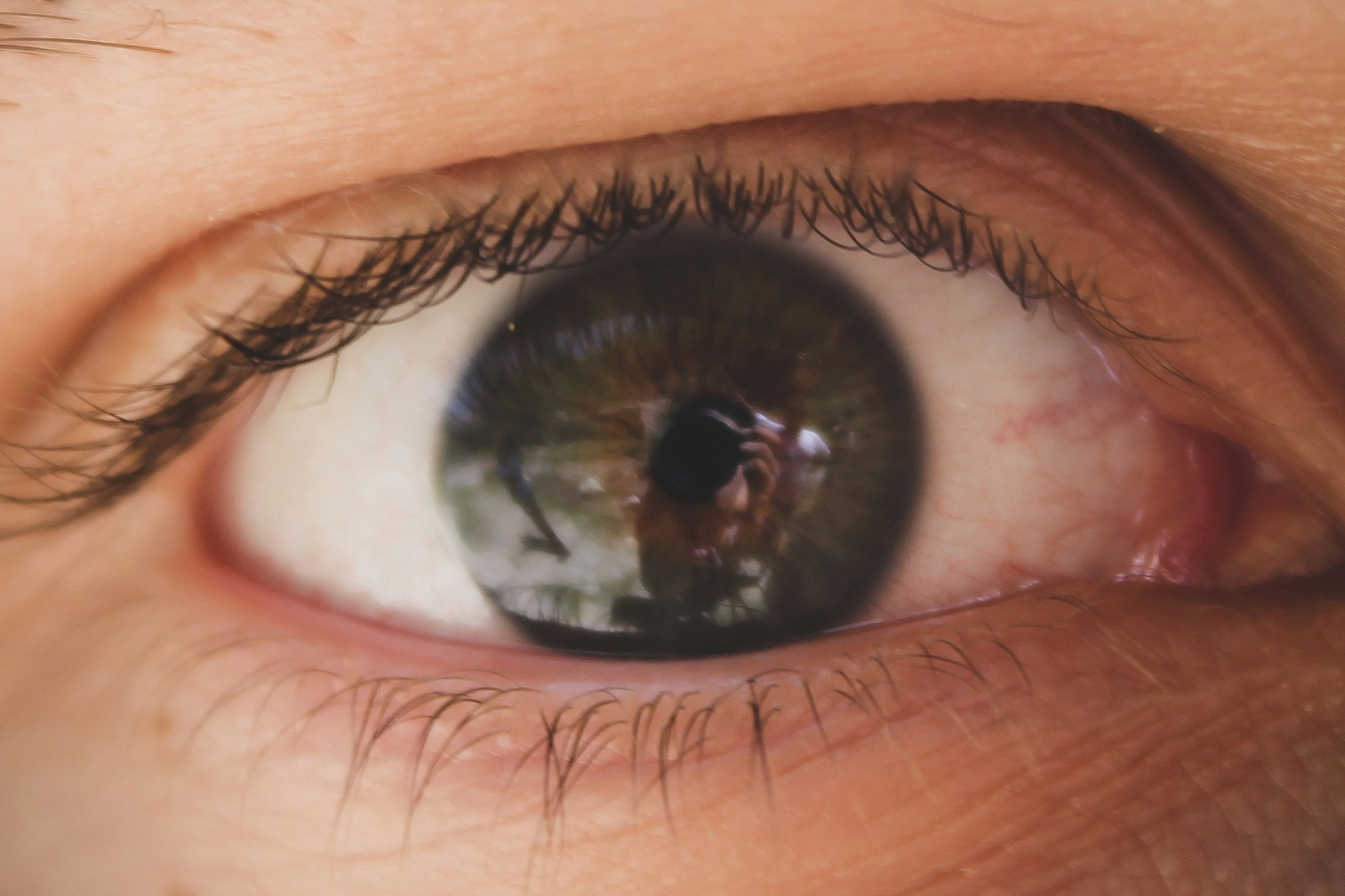


Many people have floaters. You know, those semi-opaque, squiggly shapes that you tend to notice when you’re looking at a light background, like the sky. You can’t focus on them directly; they sit just adjacent to your direct line of sight and “float” tantalizingly in your peripheral vision if you try to look straight at them. Sometimes they appear as small, darker colored dots, or they might resemble a cobweb or rings.
Eye floater causes are usually benign. If you’ve had them for a while, they don’t cause issues with your vision, and they’re not getting worse… Well, they’re kind of like a trusted old friend.
However, there are some occasions when eye floaters can be a symptom of something more serious.
When to Worry About Floaters
Floaters can affect anyone at any age, although they tend to be more common as you stack up those birthdays... They’re caused by changes within the jelly-like substance of the eye (the vitreous humor) whereby cells clump together. They might stay the same or perhaps fade over time.
The sudden appearance of one or more new floaters should always be checked out. This is because this can be a sign of a condition called posterior retinal detachment.
The retina is a very thin layer of light-receiving cells that lines the back of the eye. Detachment is exactly as it sounds—it’s where it begins to peel away from its position. This is a potentially serious condition that needs urgent treatment. Floaters are one symptom, but can also be accompanied by:
- Seeing flashes of light.
- A dark “curtain” or shadow at the top or side of your vision.
- Blurred vision.
- Any eye pain (although retinal detachment is often painless).
All of the above are retinal detachment signs that warrant an immediate visit to your eye doctor or, failing that, the nearest emergency room.
Retinal detachment is relatively rare. According to the National Institutes of Health (NIH), around 10-18 people per 100,000 suffer each year. Risk factors include:
- Increasing age (most instances occur in those aged 40-70).
- High myopia.
- Having diabetes.
- Previous eye trauma.
- A previous eye operation (including a cataract removal).
- A family history.
While an untreated detached retina can lead to blindness, prompt treatment is often very successful. Hence, the importance of getting immediate help if you experience any symptoms.
Big Floaters? No Problem…
Sometimes benign floaters can be more than a little quirk that you can happily deal with. In some cases, they can impact daily life. For example, they might be really annoying if you regularly use a computer screen or they impact your vision when driving.
If, after assessment that your floaters aren’t a symptom of something more serious, you really can’t cope with them, help is at hand…
It used to be that the only way to get rid of floaters was to remove virtually all of the vitreous from the eye—a procedure known as a vitrectomy. This, as you can imagine, is a pretty serious step. You’d have to be really unhappy with your floaters to want it done. It also comes with potential side effects, such as retinal tears, macula edema, and even speeding up cataract formation.
Today, advanced ophthalmologists, such as those at the West Boca Eye Center, offer a far less invasive procedure, known as YAG vitreolysis. This uses a special type of laser that targets the clump of cells that make up the floater, breaking them down into a gas. This naturally dissipates, leaving the eye floater free or reducing the size so much that it’s barely visible.
The eye is numbed for the procedure (no general anesthetic needed). It usually takes 2-3 sessions, each lasting up to 30 minutes. It’s painless and has a very short recovery time. Indeed, you can go straight back to normal life after each session, although you will have to use eye drops afterward and may have a small amount of short-lived discomfort and blurred vision.
The procedure is extremely safe and effective, and far less invasive than a vitrectomy.
Want to find out more? Head to https://www.westbocaeyecenter.com/services/laser-floater-removal-surgeryand call our team today for a no-obligation discussion.
Book an appointment
Fill out the form below and our staff will reach out to you quickly to fully book your appointment and receive all of your necessary information.
Specializing in modern cataract surgery.
Located 1/2 miles North of West Boca Medical Center on Glades Road, directly behind Macy's Furniture Gallery.
West Boca Eye Center
9325 Glades Road, Suite 201.
Boca Raton, FL 33434


